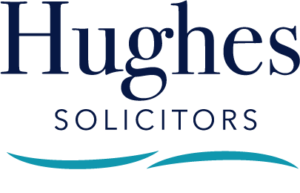Have you ever thought about what would happen if you lost the ability to make important decisions as a result of an accident or an illness, such as a stroke or dementia? Did you know that your nearest and dearest might have to go to court to be able to make decisions about your finances and personal welfare? And it would be costly for them to do this.
Many people are unaware that the Court of Protection even exists, let alone its function, until they have to deal with it when a relative or partner loses mental capacity. The role of this court is to protect vulnerable and incapable adults, and this involves deciding issues such as how someone’s finances or medical treatment will be managed.
Even a close relative would need to obtain approval from the Court of Protection, which would decide if they are suitable to look after your assets and make decisions about your healthcare. If it decides that they are not suitable, the court may appoint a professional person, such as a solicitor, or someone from the local authority to take this role instead (known as a ‘Panel Deputy’).
Do you really want a Panel Deputy that you have never met to make key decisions about your life when you are vulnerable? Or is there someone that you know and trust who you would like to undertake this role for you?
If so, it is hugely important to speak to that person to explain your wishes, and to formalise this in a lasting power of attorney which will need to be registered with the Office of the Public Guardian in case it is ever needed in the future.
Our solicitors will guide you through the different types of lasting power of attorney (LPA) – there is one for property and affairs and a different one for health and welfare. And we can help ensure that any particular wishes are documented appropriately, and that suitable safeguards are in place.
Your chosen attorney will not need to do anything while you continue to be fit and well. However, if anything should happen to you which means that they need to step in and help you, then a costly trip to court will be one less thing to worry about.
To request a copy of our Guide to Making a Power of Attorney or to make an enquiry about any private client matter, please contact the team on 01435 890101 or email info@hugheslaw.co.uk.
This article is for general information only and does not constitute legal or professional advice. Please note that the law may have changed since this article was published.


